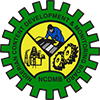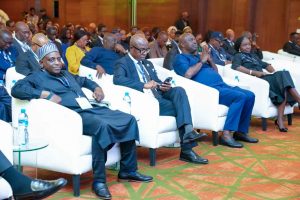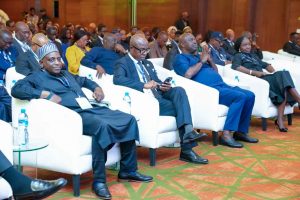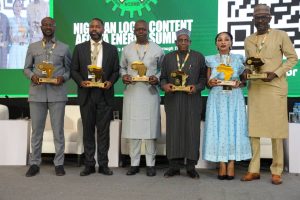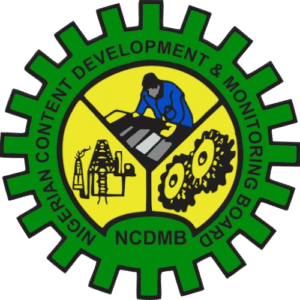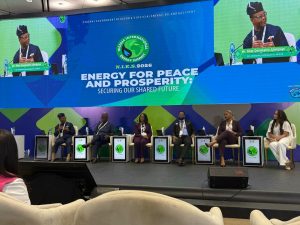 …Sets record in contract cycle
…Sets record in contract cycle
…Shell to issue bid documents on BSWA with high NC targets
The Nigerian Content sector is set to make a huge impact on the nation’s economy as two multinational operating companies, Nigerian Agip Exploration Limited (NAE) and Shell Nigeria Exploration and Production Company (SNEPCO) have set plans in motion for in-country fabrication and integration of over 50 percent of the topsides of their projects’ floating, production, storage and offloading (FPSO) vessels.
The projects are the Zabazaba deepwater project being executed by NAE in partnership with SNEPCO on Oil Prospecting License (OPL) 245 and the Bonga South West Aparo (BSWA) deepwater project being developed by SNEPCO.
Indications emerged on Friday that major contractors bidding for Zabazaba submitted competitive costs and concrete plans to fabricate and integrate over 50 percent of the FPSO topsides in-country.
The technical and commercial evaluations of bids for the Zabazaba main packages have been finalized by the Nigerian Content Development and Monitoring Board (NCDMB) and NAE and the submissions met the aspiration of maximizing local content at the most competitive cost. The packages included the FPSO units, subsea, installation and rigs.
The Executive Secretary of NCDMB, Engr. Simbi Wabote confirmed the positive development, expressing optimism that the execution of Zabazaba would grow Nigerian Content and impact the economy, much more than previous deepwater projects. He said the Board carried out detailed scoping of the project to ensure that the targets exceed the accomplishments achieved on Total’s Egina.
For Egina, six FPSO topside modules were fabricated in-country across some yards and will be integrated when the FPSO arrives at the SHI-MCI yard in Lagos later this year. This will be the first time in the history of Nigeria.
Wabote also informed that the entire approvals and evaluations for Zabazaba were completed in 14 months, setting a cheering record in the industry as against the 24/36 months project cycle time that bedeviled the sector for many years and contributed to the high cost of projects.
“It has taken just 14 months since NAE approached the Board with their Nigerian Content Plan. NAE and NCDMB worked closely and went through the standard contracting process, including invitation to tender, clarifications, technical and commercial bid evaluations and facility audits. We completed the process and issued our final report on August 30.
“This is confirmation that NCDMB does not delay projects and we can achieve the six-month contract cycle target if operators comply with set directives.”
Similarly, (SNEPCO) is set to issue bid documents this September for the supply of the FPSO vessel for the Bonga South West Aparo (BSWA) deepwater project. The bid documents will set out the company’s plans for in-country fabrication of half of the topsides of the FPSO and their integration.
These indications emerged in the lead story of the September edition of Upstream, an authoritative international medium on the oil and gas industry. The report was titled “Shell set to launch FPSO bid battle.”
SPDC’s plan was informed by “the strict Local Content demands imposed by the Abuja-based government. All oversea bidders are expected to partner with Nigerian companies,” it added.
Shell’s contracting strategy was described as complex and demanding, a source saying that “they have some terms and conditions that are quite different from traditional T&Cs. These are thought to focus on Local Content and are all about asking the yards to take more risks.”
The Executive Secretary stated earlier in the year that more modules would be fabricated locally for future deepwater projects. He said the Board would not rest on its oars with regards to the implementation of the Nigerian Content Act and “new projects must look at doing FPSO integration and more.” Increased domiciliation of future FPSO projects is estimated to create jobs in the economy, estimated to reach 30,000.
Discover more from Nigerian Content Development & Monitoring Board
Subscribe to get the latest posts sent to your email.

